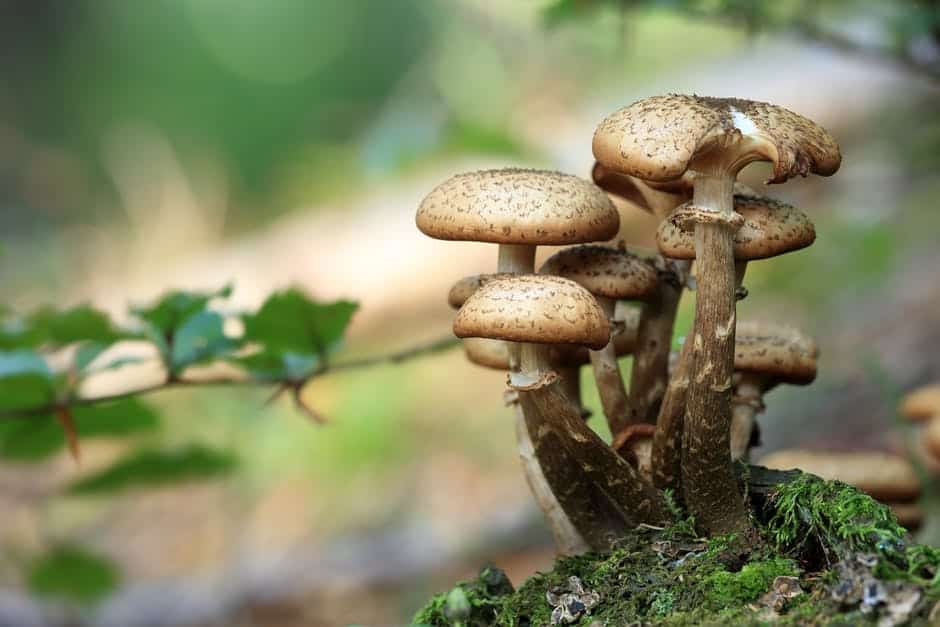It was recently Vitamin D Awareness Week and there are plenty of reasons to try and spread the message. People often call vegans out on their potential ‘deficiencies’ but this vital mineral is one that’s missing from many people’s body. There’s a heap of reasons for this, but what can we do?
Firstly, why is vitamin D such an important vitamin?
- It’s believed that vitamin D could affect our serotonin hormones, commonly referred to as ‘the happy hormone’ because it directly impacts our mood and a lack of it can result in depression.
- It helps us absorb calcium and subsequently strengthens our bones.
- This element also plays a part in 70-80% of the human immune system and a lack of it can cause gut health problems.
- Getting an appropriate amount helps us fight disease by strengthening our overall immune system.
- The latest research is discovering that it plays a role in cancer prevention
- The latest studies have also unravelled that this vitamin could be aiding our blood sugar regulation
Signs of Vitamin D Deficiency
The above benefits might also reveal some of the signs that occur during a deficiency. With the imperative substance contributing to our serotonin distribution in the body, then you can understand that depression is a sign of deficiency. There are many other indicators, aching bones, IBS, bloating and heart conditions. It’s easy to get your tests done, go to your local GP and have your bloods done, they will be able to tell you whether you’re deficient. It is recommended in the UK that our results come back with over 50 nmol/L. Although many state that it should be over 99 nmol/L, which is equal to over 40ng/ml.
What is Vitamin D?
As you can imagine this vitamin is more complex than what meets the eye and what’s quite surprising is that it hardly fits a profile of a vitamin. It’s not possible for the body to create this vitamin as it is only possible through ingesting or absorption, and it’s created through different reactions in our system. As we collect the UVB, it is then converted by our 7-dehydrocholesterol from Cholecalciferol into calcirtriol. At least that’s the short version for layman’s like myself to accept the change in our bodies, as even the experts are trying to work out the 18 steps of conversion. It is argued whether this so-called ‘vitamin’ is in fact a hormone.
Other factors
With our cholesterol playing a key part in the vitamin D reaction, it’s important that we get a sufficient amount of cholesterol. We’ve discussed its importance in other hormone’s roles, such as testosterone, read our previous article for more information on which healthy fats and cholesterol to consume. There are also tablets and prescriptions that can affect our absorption of vitamin D tablets, so it’s key to consult a medical practitioner before taking any action you are unsure of. There are also a number of other elements to consumption and bioavailabilty in our bodies, read this guide we found that sheds light in a little more detail.

Getting Vitamin D from Food Sources
It’s no secret that vitamin D is hard to come by in plant-based foods, once you escape the tedious quiz about protein and vitamin B12; you’ll no doubt be obstructed by this question. But it’s a good point, where do vegans get their vitamin D? As previously mentioned, it’s not just one group of people that should worry about this in Britain (although some people are more at risk of deficiency than others). At the moment there’s a distinctive lack of vitamin D and just for the record after almost two years of eating a vegan diet I’ve got sufficient levels according to my local surgery, so far, so good.
But lets get back to the matter in hand; most sources for this hormone derive from animal products, such as cod liver oil, fish and dairy. The most common solution for vegans is mushrooms. Although this is a controversial subject, with mushrooms containing vitamin D2 and not vitamin D3. Although some tests showed both having the same effect for humans, opposing views reject that statement. With the research I have carried out, I’d be inclined to say it’s best to ensure that we also get a vitamin D3 supplement, it can be found in either capsules or spray.
So what other foods can we have?
Fortified vegan cereal
Fortified nut milks
Some Tofu
But do remember; only a tenth comes from food and the rest is about getting out in the sun. There are different recommendations about how long we should be in the sun. On a sunny day it could be 15-30 minutes but this is dependent. Get out and take part in a sport or enjoy the sun, don’t hide away.
Who’s at Risk?
It can depend on where you live, skin colour, your age and many other factors too, including gut health and our all-round diet. Click onto the link we provided in the other factors section for more information. Everybody in the UK should take vitamin D into consideration, as it is not a mineral to overlook. With constant changes in our food and the weather too, we just don’t get the same volume of it as we used to. If you have any questions, please do fire them over in the comments, or if you have anything to add that we have missed, then please do. Thanks for reading.

